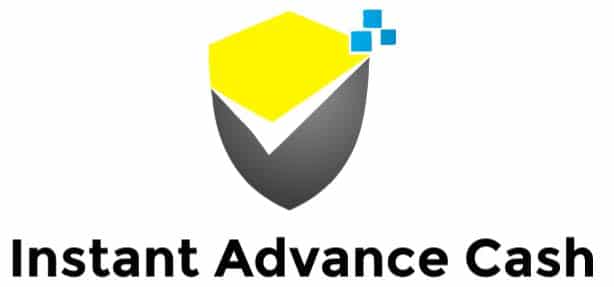Instant Cash Advance New York
Instant Advance Cash Loans Online New York
New York payday loans
A high interest loan that a person borrows against his/her next paycheck is known as a payday loan. These kinds of loans are illegal in New York State and in case one gets an offer to receive the loan, he/she should report to New York Banking department or by visiting www.banking.state.ny.us. One can also call 1-877-Bank-NYS (2265-697). In states that allow people to get payday loans, the receiver can access them through phone or online.
Alternatives for a payday loan:
Instead of going for the illegal payday loans in New York, one should consider going for some small advance loans in new york from credit unions or from a bank.
Loans from the banks and the credit unions are not expensive as they have lower interest rates as compared to the payday loans that are very expensive to repay due to high interest rates.
In case you are in need of cash and you need it in the right way, one should learn more about the emergency assistance programs about Human Resources Administration (HRA) that includes medical assistance, cash assistance, job opportunities as well as food stamps. Visit www.nyc.gov/hra or cal 311 to learn more on how you can get this kind of assistance.
Ask your employer for an advance in case you are in trouble. Instead of going for payday loans, asking for an advance is far much worth since you will not be charged for any interest when you get an advance.
This helps one to avoid losses that come with the loans as your salary is the one to pay for the payday loans. Payday loans are a way of getting money profit to the lenders, where the owners want you to guarantee that you will pay by having a pay slip.
Ask for soft loans from family and friends. Those whom you relate with are a source of power economically. By taking this bold step to borrow from them, it is far much better instead of involving in payday loans that are illegal in New York. Money that you borrow from your family and friends will not attract higher interest rates and in case they ask for an interest, it won’t be as high as the one involved in the payday loans.
Shop around and explore for other offers in the market. Make sure that you gather information on other alternatives that are available in the market before you consider going for an instant cash advance new york payday loan.
There are many sources of money that go beyond the eye that one may not be aware of. Information is power and learning more empowers one to follow the right channel in life.
Credit card providers may sometimes offer cash in advance. Although this cash in advance may attract a higher interest rate as compared to a bank or a credit union, it’s a more cheaper to go for it instead of going for a payday loan. It’s of great importance to consider all the costs that are involved in the option that you choose before you go to borrow from any of them.
In New York, a debt collector cannot attempt to collect money that is from a payday loan from a resident in New York. This was made possible in February 2013 when the governor of New York made directions to the New York state Department that deals with financial Services to make directions to the debt collectors that they are not allowed to collect payday loans.
This was clearly made illegal and in case you are a resident in New York and there is a debt collector who wants to collect payday loans from you, then you should file a complain to the department of Financial services.
Payday loans were made illegal ion New York and they are against the consumer rights.
This is because the payday lender attempts to collect the balance and in case the borrower makes defaults in payment, then the payday lender sells the debt to a collection agent.
In case the payday lender is unable to convince you to make the payments through a collection tactic that is standard such as letters and phone calls, the payday lender can decide to get a lawsuit against you. In case the state law court judgment allows for enforcement for loan recovery, it can be through property levies, bank account levies and wage garnishment.
